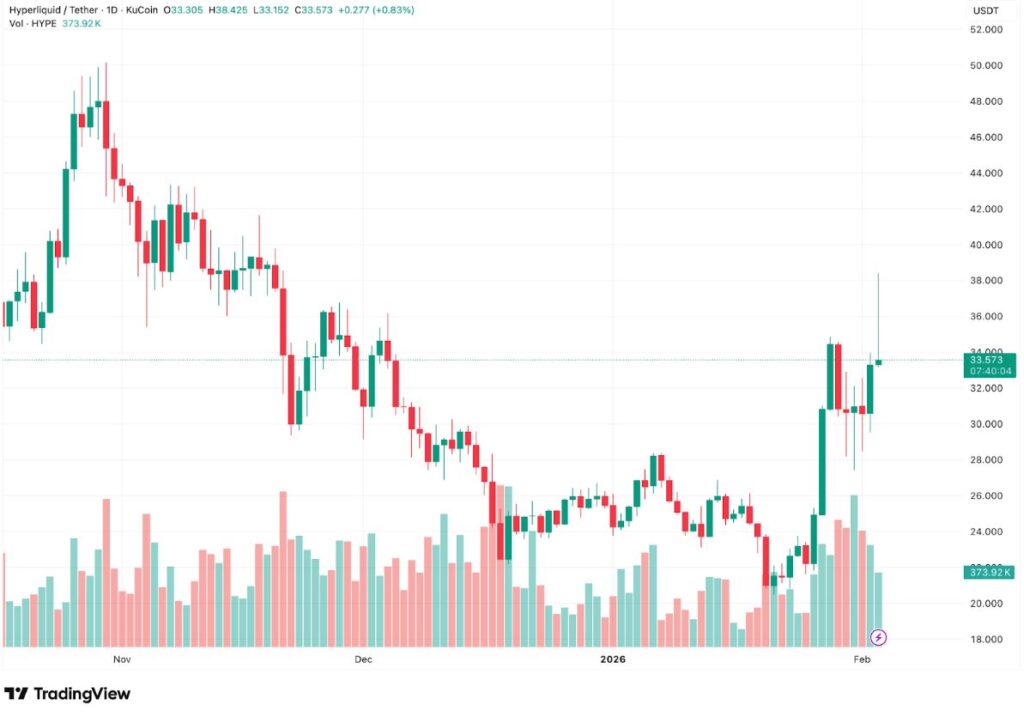2022-2-14 11:52 |
Institutional investors continue to recognize the value of the fast-growing gamified finance sector, with Salad Ventures the latest beneficiary of their largesse. The company has raised $13.5 million during its private sale round, with several major hedge funds and blockchain-focused family offices participating.
The product that compelled investors to break out their checkbooks was GuildOS, described as a full-stack operating system for the play-to-earn gaming space. Ostensibly, GuildOS is a web-based platform that can be leveraged to form, manage and scale a community of dedicated gamers that pool their resources and share earnings among themselves. Investors that participated in the round included Alameda Research, Alan Howard and BH Digital, C2 Ventures, Foundation Capital, Gemini Frontier Fund, Winklevoss Capital, Crossbeam Venture Partners, Rarestone Capital and Polygon Studios, among several others.
Gold-Standard Guild ManagementIt is not the first time the Singapore-based startup has received a multi-million dollar capital injection: last year, Salad Ventures secured $2 million from backers such as Multicoin Capital, Kosmos and Anthony “Pomp” Pompliano. At the time the company’s focus was on Salad Academy, an online learning portal created to train up would-be gamefi scholars. While it is expected that the lion’s share of funds will be used to add more features to GuildOS, some capital may be allocated to refining Salad Academy too.
With GuildOS, Salad Ventures hopes to attract the sector’s best and brightest gamers, particularly those who wish to set up their own elite gaming squad. The web-based tool provides an intuitive dashboard from which users can easily manage scholar accounts, cryptocurrency wallets, private keys, and perform in-game actions such as breeding or cloning. What’s more, it’s possible to manage guilds operating on a range of different platforms.
Those keen to leverage this nifty gamefi operating system will need to obtain an NFT that doubles as an authentication key, with both the OS and the NFTs, expected to launch by the midpoint of this year.
Marty Stenson, Ventures Lead at Gemini, said it was the “full-stack combination of Apollo Squad [Salad’s play-to-earn guild], GuildOS, and Salad Academy” that gave the company “the unique ability to provide the foundational elements necessary for the emerging P2E ecosystem to prosper.”
Gamefi, which combines elements of online gaming, decentralized finance and community governance, has become a popular means by which players can have fun while lining their pockets. Guilds, for their part, enable gamers to compete for bigger prizes while instilling a sense of fraternity and community. Some guilds even invest directly in NFT collectibles, with decisions made by a decentralized autonomous organization (DAO).
“Despite the fact that a deep ecosystem has developed over the last 12 months, most P2E game tools are focused solely on Axie Infinity and provide ‘read-only’ dashboards, therefore not solving the real challenges related to operating a play-to-earn guild,” says Felix Sim, Co-Founder and Project Lead of Salad Ventures.
“What we are doing is addressing this problem head-on by decentralizing the gaming guild model and developing a guild operating system that can interact directly with game APIs and blockchains, allowing game managers to coordinate multiple scholar accounts across different blockchain games.”
Gamefi’s vast, interconnected ecosystem is benefitting more than just players; it’s also powering record transaction volumes on the underlying blockchains tasked with processing NFT trades and in-game payouts. In this chaotic milieu, a user-friendly guild-centric operating system is as natural a product as any. The question is, how many of the gamefi power brokers will sign up when GuildOS debuts later this year?
origin »
Bitcoin price in Telegram @btc_price_every_hour
Joint Ventures (JOINT) íà Currencies.ru
|
|
